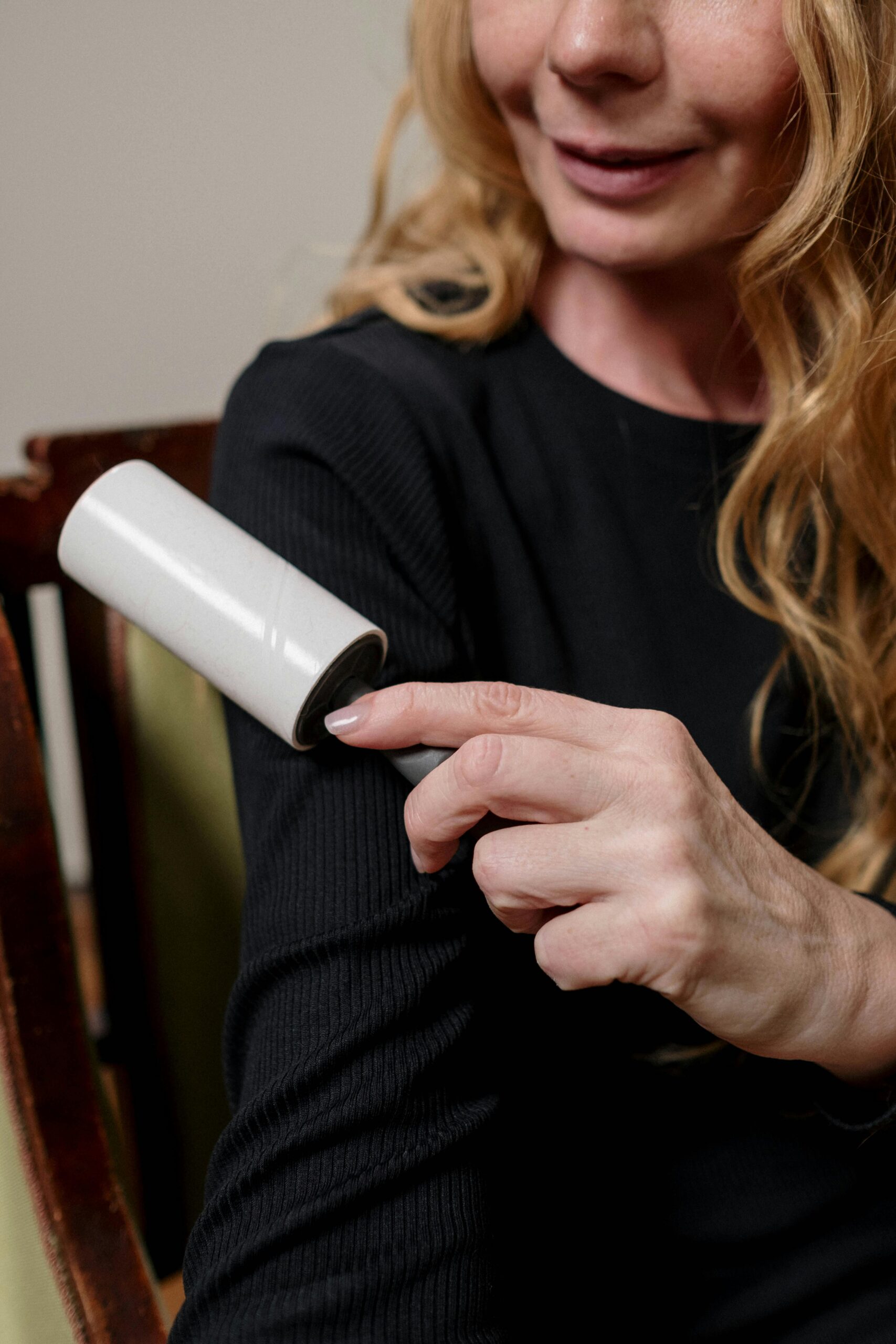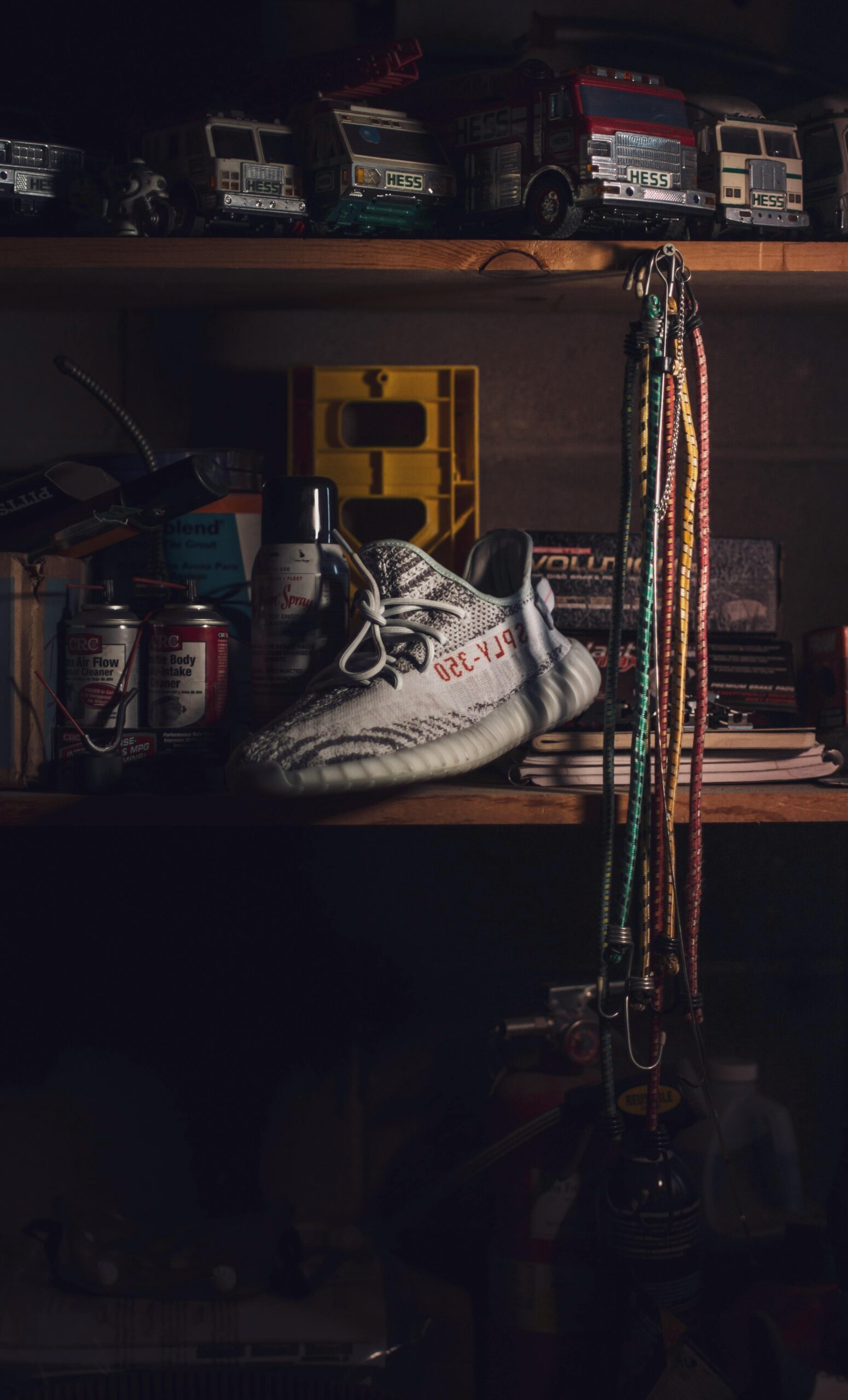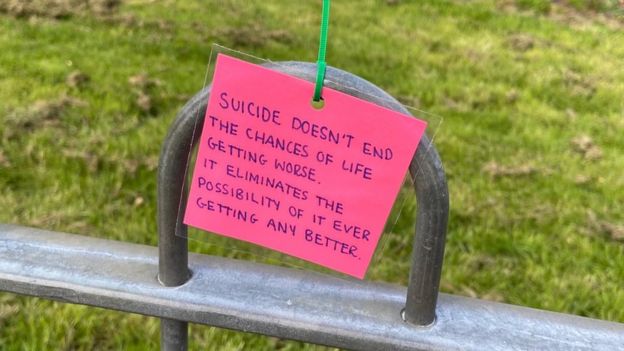Byline: DAMON SYSON
BY rights, the 42-year-old woman sitting opposite me should feel on top of the world. She’s beautiful, sexy, and has a figure most women would kill for. Her talent as a singer-songwriter is beyond doubt: since her breakthrough hit All I Wanna Do in 1993 she’s sold 20 million albums and picked up eight Grammys.
And yet, here is Sheryl Crow openly admitting something that few in her profession dare to – for many years she has struggled in a debilitating battle against depression, the most recent bout of which left her practically bedridden for six months.
Two years ago, while recording her fifth album, C’mon C’mon, she experienced what she describes as an emotional “crash”. Not only was she suffering a creative block – wondering where music would fit into her life, and where she could fit into the youth-obsessed business – but she was dreading the prospect of turning 40, childless and alone.
Today, it’s hard to imagine her laid low with what Winston Churchill so memorably described as “black dog”.
When we meet, in a suite at the Covent Garden Hotel, she’s all sunshine smiles and easygoing banter. She seems confident and at peace with herself – nothing like the woman of two years ago, poleaxed by doubts and fears.
“It’s been a spectacular couple of years,” she says. “Probably my happiest.
I never would have thought that back then, when I was too tearful to even step out of the house.” By all accounts, she wandered around her home in LA in a dreamlike state, having shut herself off from family and friends.
house.” By all accounts, she wandered around her home in LA in a dreamlike state, having shut herself off from family and friends.
Medically diagnosed with the depression that has recurred several times during her life, she embarked on a course of therapy twinned with Prozac, though she soon replaced the medication with a strict fitness and meditation regime.
“During some of those darkest days, I’d hardly get out of bed and just let the phone ring and ring. Small problems became insurmountable and so I shied away from normal behavior. It seemed easier to duck out of life that way.
Depression messed with my sleep in such a way that it was a very bizarre, exhausting and dark time.
“But, in a way, I think what I went through back then was very valid.
Turning 40 is a period of your life when you suffer a sense of loss over things you’ve never had and you yearn for the innocence of youth.
Also, as you get older, and your parents get older, the fear sets in of losing people – you’re watching people pass away. You start thinking about your own mortality, about what’s important in life, you take stock. It’s a heavy period that probably everybody goes through.”
Is this “sense of loss over things you’ve never had” a reference to never having had children? “Yes, it definitely was at that point. I think that 40 has always sort of represented to women the end of childbearing years, which certainly it doesn’t now.
Women are having kids into their fifties.”
The feelings of hopelessness which Crow describes as her “melancholy” are far from unusual.
One in four people is affected by stress, anxiety, and depression.
“Clinical” or “major” depression is the world’s number- one mental disorder and is growing at an alarming rate. The World Health Organisation estimates that by 2020 it will be the second biggest cause of disability in the developed world.
“For me,” continues Crow, ” depression was linked to my nerves – I was full of trepidation about what was lying ahead in life and this was compounded by medical problems too personal to go into – female stuff – but I’m over that now.
Article Excerpt
If you’re interested in the work that I’m doing in regards to creating greater awareness pertaining to mental health issues, especially among our young people, please sign up with your name and email address below, and I’ll keep you in the loop. Click Here!


 house.” By all accounts, she wandered around her home in LA in a dreamlike state, having shut herself off from family and friends.
house.” By all accounts, she wandered around her home in LA in a dreamlike state, having shut herself off from family and friends.


